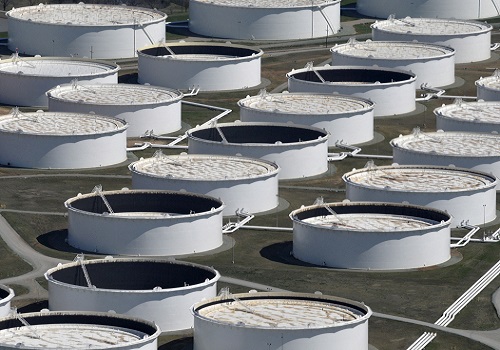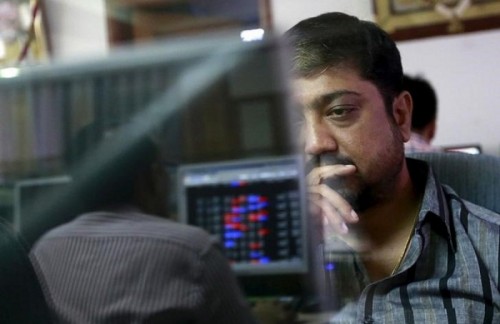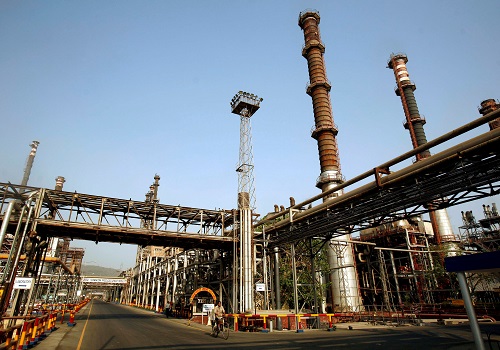Oil steadies as investors eye US crude supplies

Follow us Now on Telegram ! Get daily 10 - 12 important updates on Business, Finance and Investment. Join our Telegram Channel
Oil prices were little changed on Tuesday as investors weighed a possible tightening of U.S. crude supplies against weaker-than-expected Chinese economic growth.
Both benchmark contracts fell more than 1.5% on Monday following lacklustre economic data from China, the world’s largest oil importer, as well as the partial restart of some Libyan oilfields.
Brent crude was up 7 cents at $78.57 a barrel by 1330 GMT, while U.S. West Texas Intermediate (WTI) crude rose 10 cents to $74.25 a barrel in relatively muted trading, with the contract set to expire on Thursday.
The September WTI contract was also up 10 cents to $74.18.
Market participants were awaiting industry data later on Tuesday that is expected to show U.S. crude oil stockpiles and product inventories fell last week. [EIA/S]
Meanwhile, U.S. shale oil production is projected in August to see its first monthly decline since December 2022, data from the Energy Information Administration showed on Monday.
Sluggish gross domestic product (GDP) data from China released on Monday "kept a cautious lid on prices with some reservations in its demand recovery," said Jun Rong Yeap, a market strategist at IG in Singapore.
China's GDP grew 6.3% year-on-year in the second quarter, compared with average analyst forecasts of 7.3%.
Still, global supplies are expected to see a boost from the resumption of output at two of three Libyan fields that were shuttered last week. Output was affected by a protest against the abduction of a former finance minister.
PVM analyst John Evans noted OPEC habitually makes positive noises early in the month, lifting the market, most recently exemplified by Saudi Arabia announcing a major output cut.
"But as the month moves on and the calendar comes across more data on economic performance and markers, a sense of pragmatism ensues and an inevitable deflation in mood," Evans said.

























